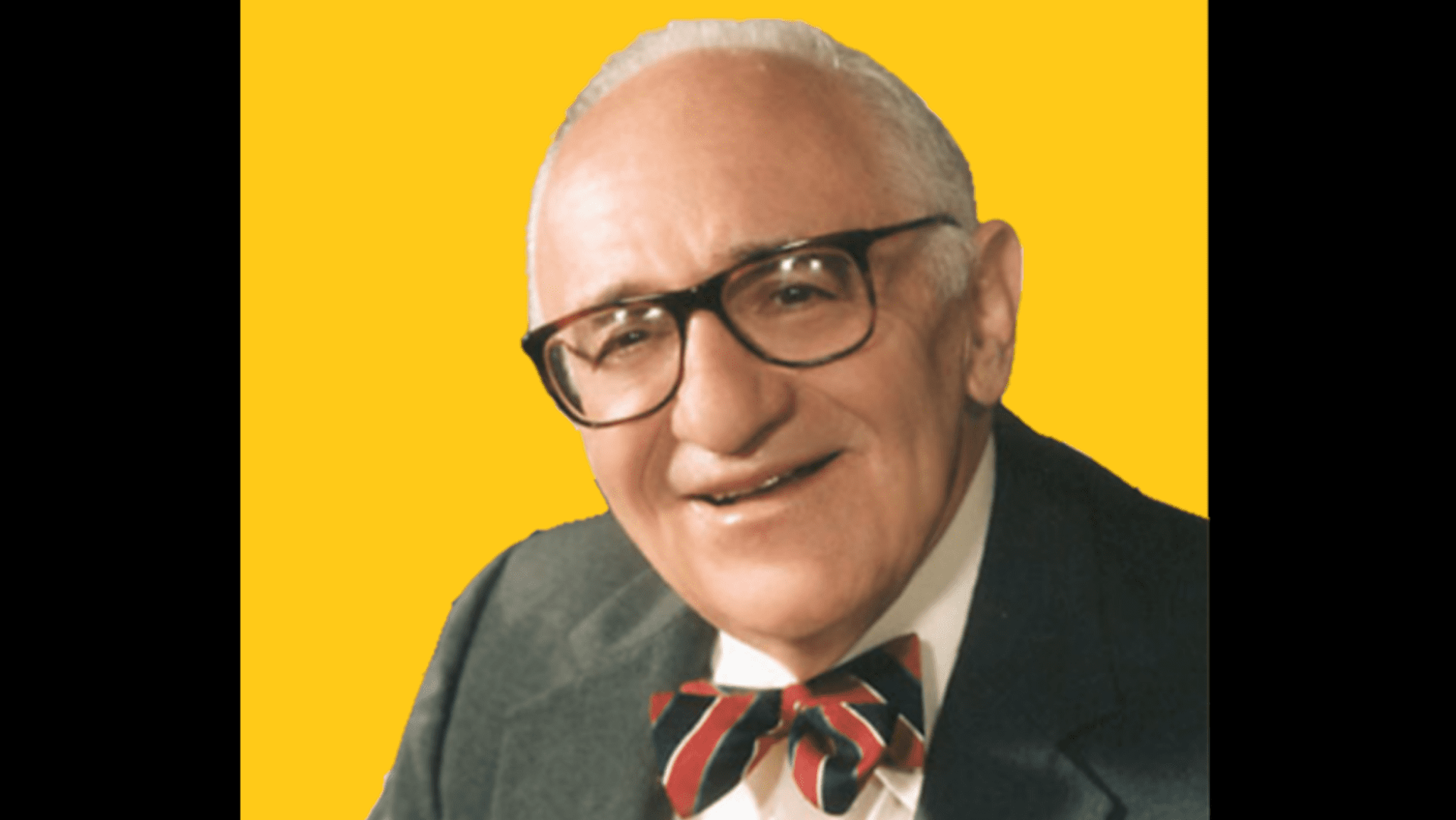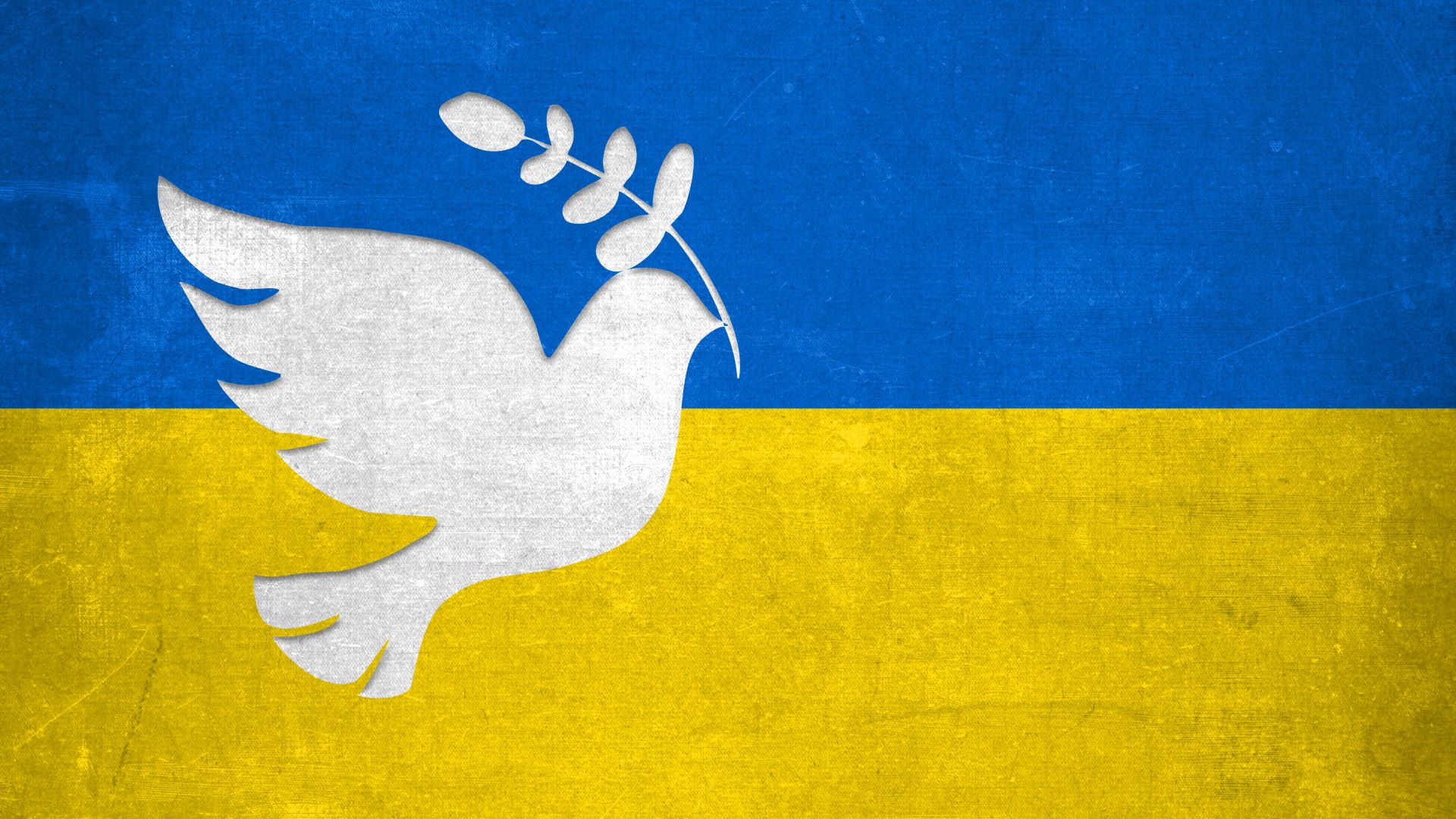Tag: intervention


Three pro-liberty perspectives on war
October 31, 2023 | Post
War, a tragic yet perennial facet of human history, has long been a subject of intense debate. Many philosophers and political thinkers have grappled with the ethical, moral, and strategic implications of war. Within this nuanced landscape, the perspectives of three influential thinkers offer a fascinating contrast…

Libya: a cautionary tale against interventionism
September 19, 2023 | Post
This month’s devastating floods affecting Libya have brought the country back to the forefront of international media. In the annals of international relations, Libya stands as a stark reminder of the perils of interventionism.

A realistic look at Iran’s nuclear program
April 28, 2023 | Post
Let’s take a brief look at the history of Iran’s nuclear program and former nuclear agreements to see where we might be headed.

Murray Rothbard’s unwavering commitment to peace
March 2, 2023 | Post
Across his many political coalitions, Murray Rothbard remained steadfast in his opposition to war and to American intervention abroad.

Now is the time to end American involvement in Yemen
February 1, 2023 | Post
There has never been a better time to end American involvement in Yemen’s Civil War, and there has never been a better time to limit the president’s war powers.

Why libertarians should support Ukraine but oppose American military intervention
August 17, 2022 | Post
A libertarian’s opposition to American military involvement in this war should not be because of edgy nonsense about Russia being provoked, or the historically ignorant idea that Ukraine is only defending itself because it’s taking orders from the West.

Zora Neale Hurston: a genius of the south and anti-imperialist voice
March 30, 2021 | Post
Within and beyond her literature, Zora Neale Hurston was an outspoken anti-communist who opposed both the New Deal and interventionism abroad

The Progressive War: Woodrow Wilson and the US entry into WWI
April 6, 2017 | Post
The American entry into the war was the apotheosis of progressivism — the high-water mark of its crusading zeal.

